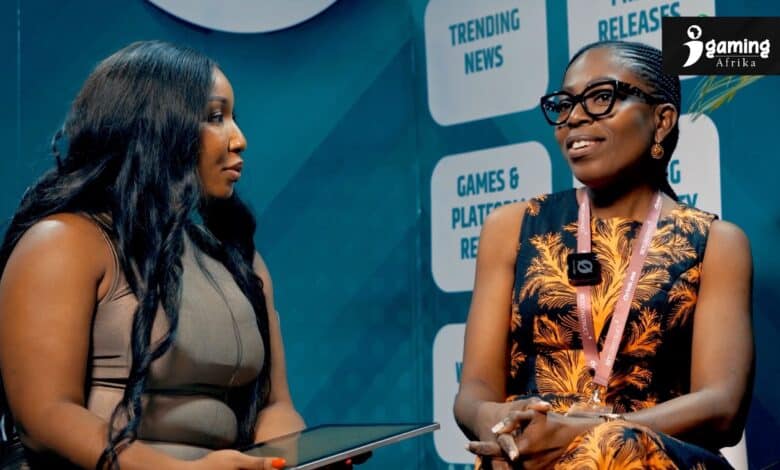Related Articles
However, with clarity came complexity. The gaming market today is vastly different from when the legal dispute first began, especially due to the rise of online platforms. “And those who are online operators, the challenges and who have by virtue of just wanting to operate online only, have subscribed to a national license, what that means for them is that right now they have no license. So the validity of their existence as operator has been called to question,” Akeju explained. These operators, having previously been licensed at the national level, now face regulatory uncertainty. In response, state regulators introduced a Universal Regulatory License (URL) framework, an effort to provide a unified yet state-based path for continued operations across 24 of the 36 Nigerian states.
Even so, implementation challenges abound. “But you know, policy shifts like this, does take time, implementing, you know, ironing out all of the things, it will take a bit of time, which is the phase we are at, at this time.,” Akeju noted. Furthermore, each state’s regulatory authority must secure government approval to adopt the URL framework, raising concerns about long-term stability, particularly with potential changes in state leadership.
To support a smooth transition, WYS Solicitors is actively advising various industry groups, including the Association of Nigerian Bookmakers, the Lottery Operators’ Forum, and Casino Operators. The firm’s goal is to ensure “operators have a seamless experience” despite the fluid legal environment.
While the recent ruling marks a turning point, Olafadeke Akeju stresses that the journey is just beginning. “It is effectively about three, four months ago. So it’s still early days,” she said. With new legislation, like the proposed Remote Gaming Bill, still under debate, the sector remains in a state of watchful adaptation.

 FSGRN Signs Landmark Universal Reciprocity Licensing Agreement; 2025 License Fee Waiver Announced for NLRC Licensees
FSGRN Signs Landmark Universal Reciprocity Licensing Agreement; 2025 License Fee Waiver Announced for NLRC Licensees  Lagos State Lotteries and Gaming Authority Signs an MoU with TVC Communications
Lagos State Lotteries and Gaming Authority Signs an MoU with TVC Communications  Emmanuel Adebayor on Sports Infrastructure, Post-Career Influence, and Advice for the Next Generation
Emmanuel Adebayor on Sports Infrastructure, Post-Career Influence, and Advice for the Next Generation  Maha Otu on AI, Regulation, and Nigeria’s iGaming Frontier
Maha Otu on AI, Regulation, and Nigeria’s iGaming Frontier